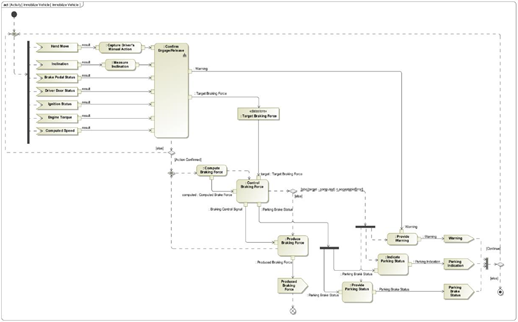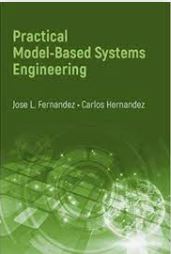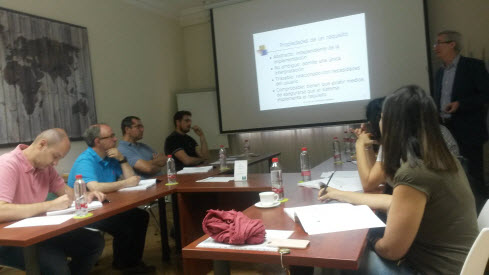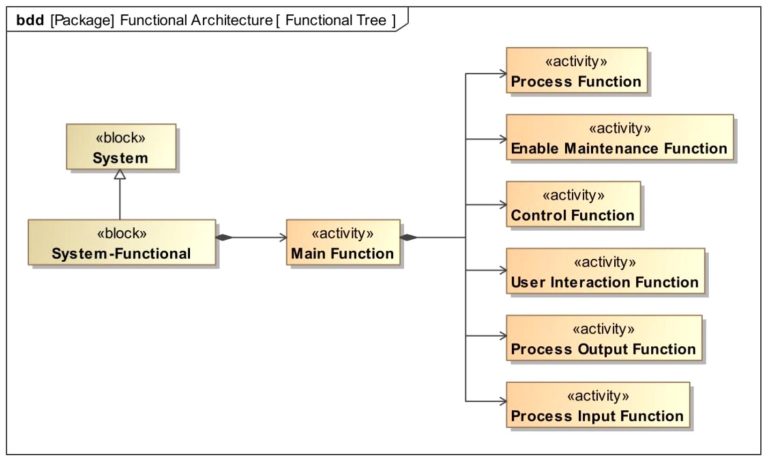
Characteristics of the course
- The course is composed of ten 4-hour modules that can be taught independently (with some prerequisites).
- Each module includes a hands on section with exercises to be developed in the classroom.
- The course is oriented to the design of concurrent system architecture using SysML. It is not oriented to the use of any particular modeling tool.
Course methodology
The course is based on the ISE (Integrated System Engineering) & PPOOA (Processes Pipelines in Object Oriented Architectures) methodology, presented in detail in the book: Practical Model-Based Systems Engineering.
ISE & PPOOA is an architecture design methodology where there are multiple processes running concurrently in parallel and usually in real time.
The book's author is the teacher of the course.

The Trainer
The trainer is an Aeronautical Engineer and PhD in Computer Science from the Polytechnic University of Madrid (UPM). He has more than 25 years of professional experience in the development and maintenance of software systems for air traffic control, avionics, power generation and mobile telecommunications in private companies and universities.
He has given courses and seminars to the most prestigious Spanish aeronautical, railway and industrial companies.

Agenda
A system and its properties
The system life-cycle
Systems engineering and its main activities
System development alternatives. Agile development
Why MBSE?
The diverse uses of a model
Main SysML diagrams
MBSE tools and models management
Evolution of SysML
ISE & PPOOA ontology
ISE & PPOOA mehodological processes
Main MBSE process
Software Architecture process
Context modeling
Use and mis use cases modeling
Operational needs
Capabilities
Function as a transformation
Functional hierarchies modeling
Functional interfaces: N-square chart
Functional flows modeling
Function description and functional requirements
Blocks and parts
Functional allocation and modularity
Physical interfaces
Modular architecture modeling
Documenting parts
Architectural trade-off
Heuristics and its use for refining the architecture:
architecutral
reliability
safety
resilence
usability and real-time software
Refined architecture modeling
Types of requirements
Requirements visual models
Requirements flowdown
From system to sofware requirements. The domain model
Requirements templates
Defining the industrial plant envelope
Modeling the industrial plant/processes
Use of SysML constraint blocks
Dimensional analysis as a best practice for engineering
PPOOA building blocks vocabulary and metamodel
Domain modeling
PPOOA diagrams
PPOOA architecting processes
PPOA guidelines
Put into practice what you have learned from the ISE&PPOOA methodology to make an example with a MBSE tool
Mission dimension diagrams
System dimension diagrams
Module combination suggestions
Intermediate Course (24 hours): M1-M2-M3-M4-M5-M7
Optional (12 hours): M0-M1-M8-M9


